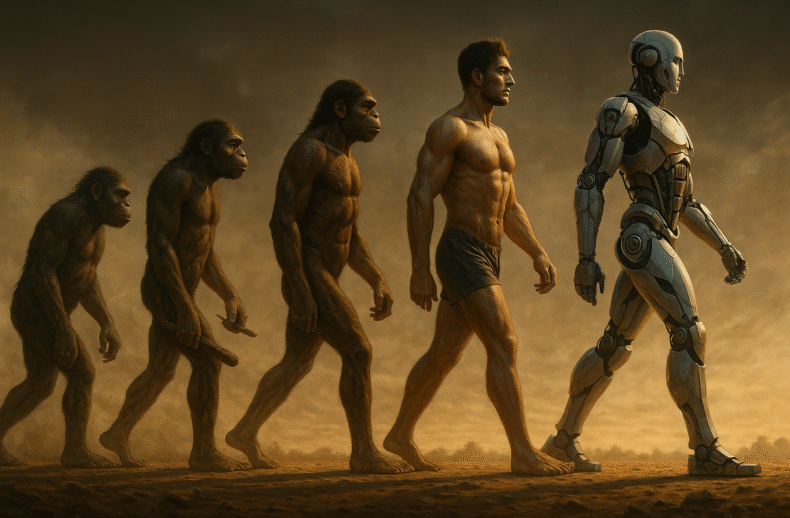Homelessness is not merely the absence of shelter; it is the absence of recognition. From the Eidoist perspective, those living on the streets are not only economically excluded but stripped of visibility in society’s eyes. In wealthy nations, housing has been transformed into a commodity of status — a trophy of recognition for the few — while millions are denied even the most basic dignity. This contradiction is a symptom of social failure, and when left unchecked, it becomes an early signal of systemic collapse. To heal, societies must re-anchor recognition away from wealth and property and toward universal dignity, where shelter is guaranteed as the minimum expression of recognition owed to every human being.





